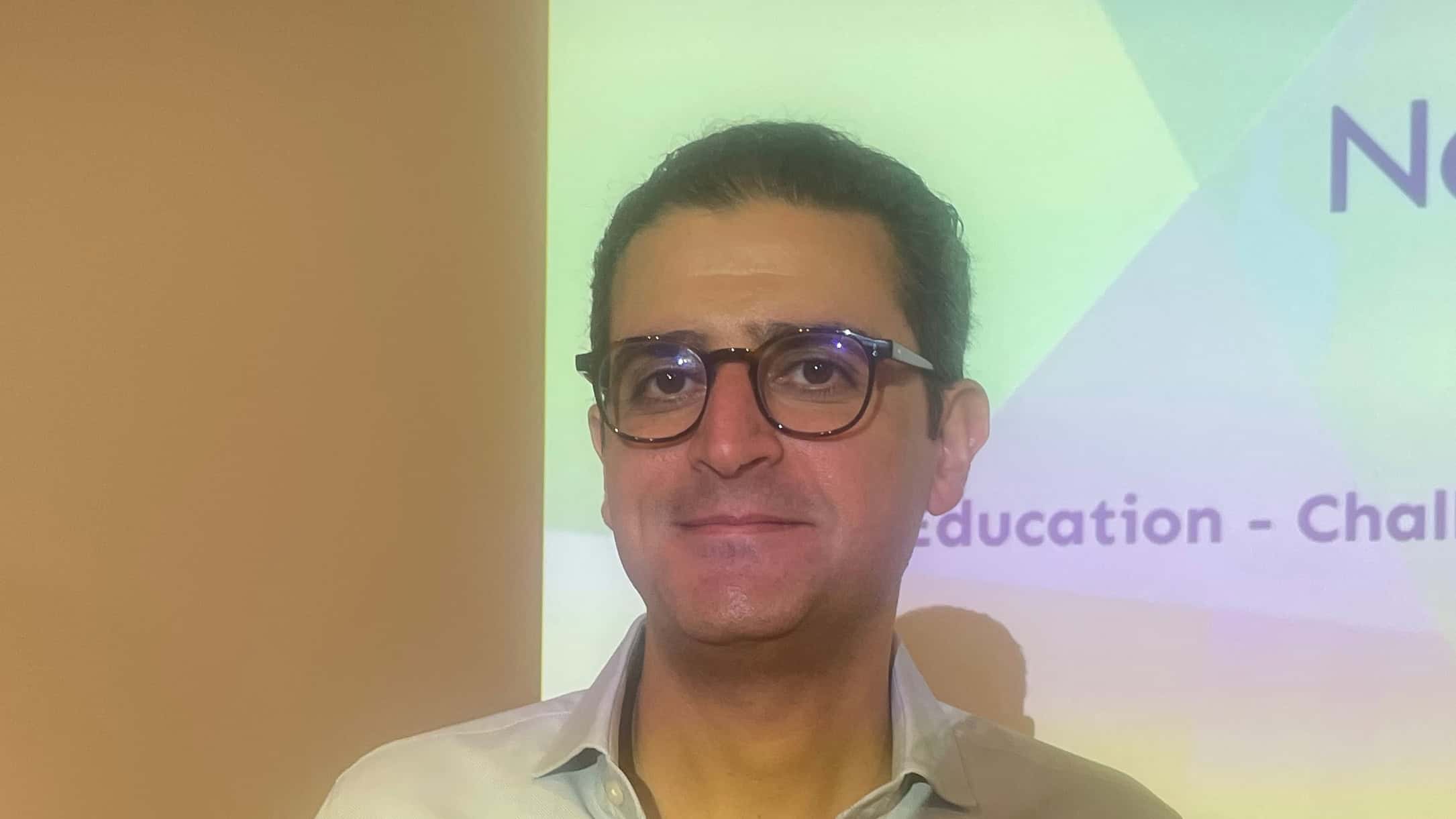The increasing use of technology in education in a post-pandemic era and the upskilling of students were given particular prominence during a panel discussion focusing on technology’s place in international education during London EdTech week last month.
In particular, the demographic challenge in India: a population of 46 million and a 25% enrolment rate in higher education.
College Dekho‘s CEO Ruchir Arora told delegates, “Our belief Is that the need for skilling and reskilling, was never so strong as it is today.”
And Fadl Al Tarzi, founder and CEO of Nexford University, shared his conviction that only a blended offer of online and offline education can solve the world’s future skills needs.
He also outlined the pressures on traditional universities.
“Right now we’re seeing about one university shut down every week in the US… ” he said.
“[Universities] aren’t going to be able to charge these exaggerated prices for a degree that just doesn’t have a very clear return on investment. So that’s massive concern here,” noted Al Tarzi.
He said a preoccupation for all education institutions should be if what is being taught today is what people will actually need in the future.
On the topic of lifelong learning, a key tenet of many edtech platforms, Al Tarzi said this concept came with their own challenges.
“The reality is, learning isn’t that cool, so people don’t say when they’re learning [something] for years. Everyone’s promoting these lifelong learning platforms, saying, we need to learn… We need to figure out a way to encourage everyone to dip in and out of education for 30-40 years. It’s a big challenge,” he said.
[Universities] aren’t going to be able to charge these exaggerated prices for a degree that just doesn’t have a very clear return on investment.
Fadl Al Tarzi, Nexford University
Nexford University, which refers to itself as a “next generation online university in Washington DC”, sees a future where online delivery might blend with meet-up spaces. It has plans to open a virtual co-working space, Al Tarzi revealed.
“People will go there to socialise, get together…an employer might come in and give workshops,” he explained.
“That’s essentially going to be the future of campuses,” he continued. “It’s not going to be a physical classroom where people have to go and learn.”
Hosted by IBIS Capital and EF Education First, the International Education Workshop brought together leading voices to discuss the current challenges international education faces and their predictions for the future.

